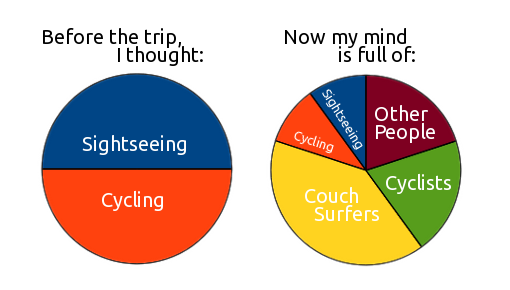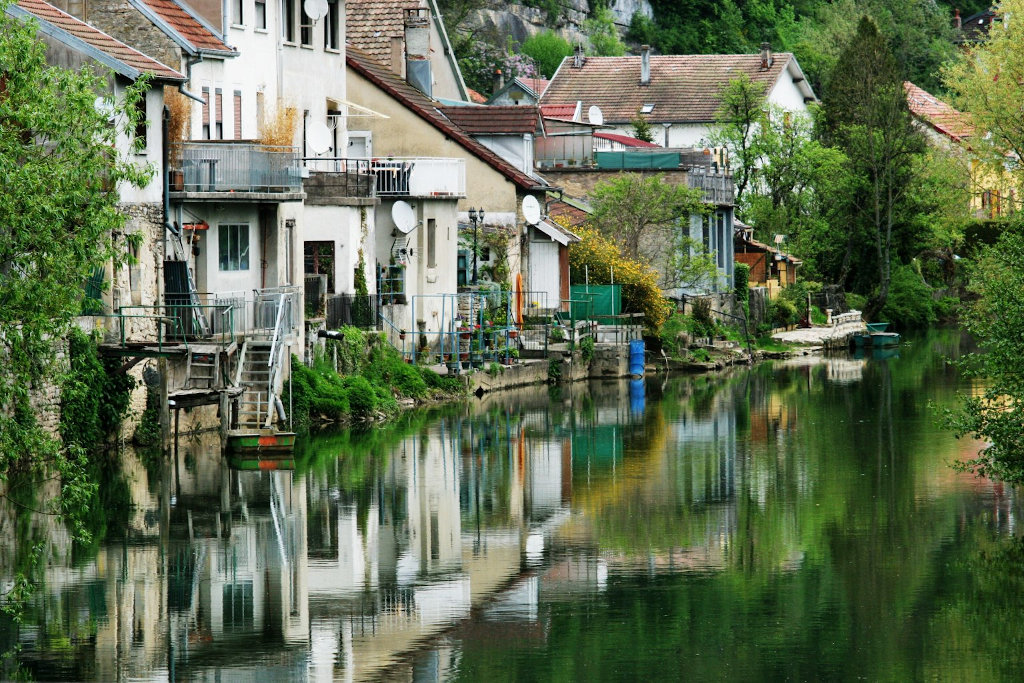Explorations in AI – solving RoboZZle
RoboZZle is a robot programming game. You can play it in your web browser (even without Silverlight), on Android, or iPhone/Pad/Pod. Go and try it, otherwise the rest of this entry won’t make much sense.
After a while of playing the game myself, I started getting interested in creating a program to find puzzle solutions. Having completed Intro to AI by Sebastian Thrun and Peter Norvig in 2011 and never using the techniques since, this seemed like a good opportunity to explore them further. As things go, none of these techniques appear directly applicable and a simple evolutionary search seems best.
Approach
I started by writing a solution runner, the main output of which is determining whether a given RoboZZle program solves a puzzle. Next were a robozzle.com client, utilizing the awesome Python requests library, and finally solver randomly generating programs to be tested by the runner. You can browse the source code of Zlej Rob at github.
Some facts about the solver:
- Start with an empty program.
- In each generation, each of the surviving programs will have ~100 randomly generated offsprings.
- A program is mutated by overriding (or removing) 1 to ~3 instructions of its parent.
- Programs are scored: positive points for reaching a square, extra points for collecting stars, and a negative point for each program instruction.
- If an offspring achieved higher score than its parent, it’s added to the current program population.
- Program population is kept to ~100 programs with highest score.
I decided not to cross-breed programs at all, as it doesn’t feel like it would be helpful.
Surprisingly, keeping a set of all evaluated programs doesn’t eat all the memory (and prevents recalculating the same thing over and over, speeding up execution by an order of magnitude). Yay for sets of tuples!
Results
Zlej Rob has solved over a 1000 puzzles in a couple of weeks of running on my $5/mo DigitalOcean (that’s a referral link – sign up and I’ll get rich) droplet alongside this blog and a couple other things.
Zlej Rob’s good at solving one-way street puzzles with one function, bad at anything involving multiple functions, mediocre at multiple-possibilities puzzles, and passable at random walks.
Zlej Rob discovered the shortest solution for Twins 2 (which I improved by removing a redundant function call). I think that’s pretty impressive. The solution includes a lot of recursive calls, and the replay takes ages – the robot loops and loops, seemingly never getting very far.
Ideas for improvement
- Visualisation. Would help identifying why certain things work and others don’t. I’ve almost started writing an Angular app to do that.
- Smarter mutations. Mutations should include abstracting random instruction subchains into other functions (this could be very useful for multifunction problems where Zlej Rob usually fails terribly because it can’t connect the dots). It might also be better to insert instructions instead of replacing them.
- Program diversity (“similarity penalty”). Surviving population for each generation is around 100 programs (toyed with higher values with no positive results – if anything, having 1000 programs is terribly slow), and they can all easily end up being very similar, getting stuck in local minima.
- Higher score programs should have more offsprings. Could speed up certain puzzles but perhaps make less obvious solutions unatainable. Would need to ensure program diversity first.
- Hints. For puzzles with an “obvious” order in which squares must be visited (such as binary counting or limit your stack), mandate this order. Currently, Zlej Rob finds random solutions that sweep vast majority of the board in a haphazard manner. Forcing the order in which squares must be visited would be extremely helpful, but likely requires human participation. Perhaps that’d be cheating?
Where do we go from here?
Zlej Rob’s results have surpassed my expectations, especially considering I haven’t spent that much time on it. Getting Zlej Rob into top 10 of RoboZZle players seems possible but would likely require an order of magnitude more effort than I spent so far. Not sure if worth it?






